News
Joy Miracle works with Anthony Sinai, PhD, in the UK College of Medicine Department of Microbiology, Immunology, and Molecular Genetics. In the following Q&A, she shares her experience studying parasitic infection and how mentorship in Dr. Sinai’s lab has helped her develop as a scientist.

To enable the University of Kentucky College of Medicine to succeed in its mission for a healthier Kentucky, leadership must prioritize the wellness and well-being of faculty, staff, and learners. Lisa Williams, MSSA, is serving in the college’s new leadership position, associate dean for wellness and well-being, to help us excel in this goal.

Please join us as we congratulate Beth Garvy, PhD, who recently received a leadership title change to reflect her growing responsibilities and ensure equity in her position. The new title went into effect July 1, 2022.
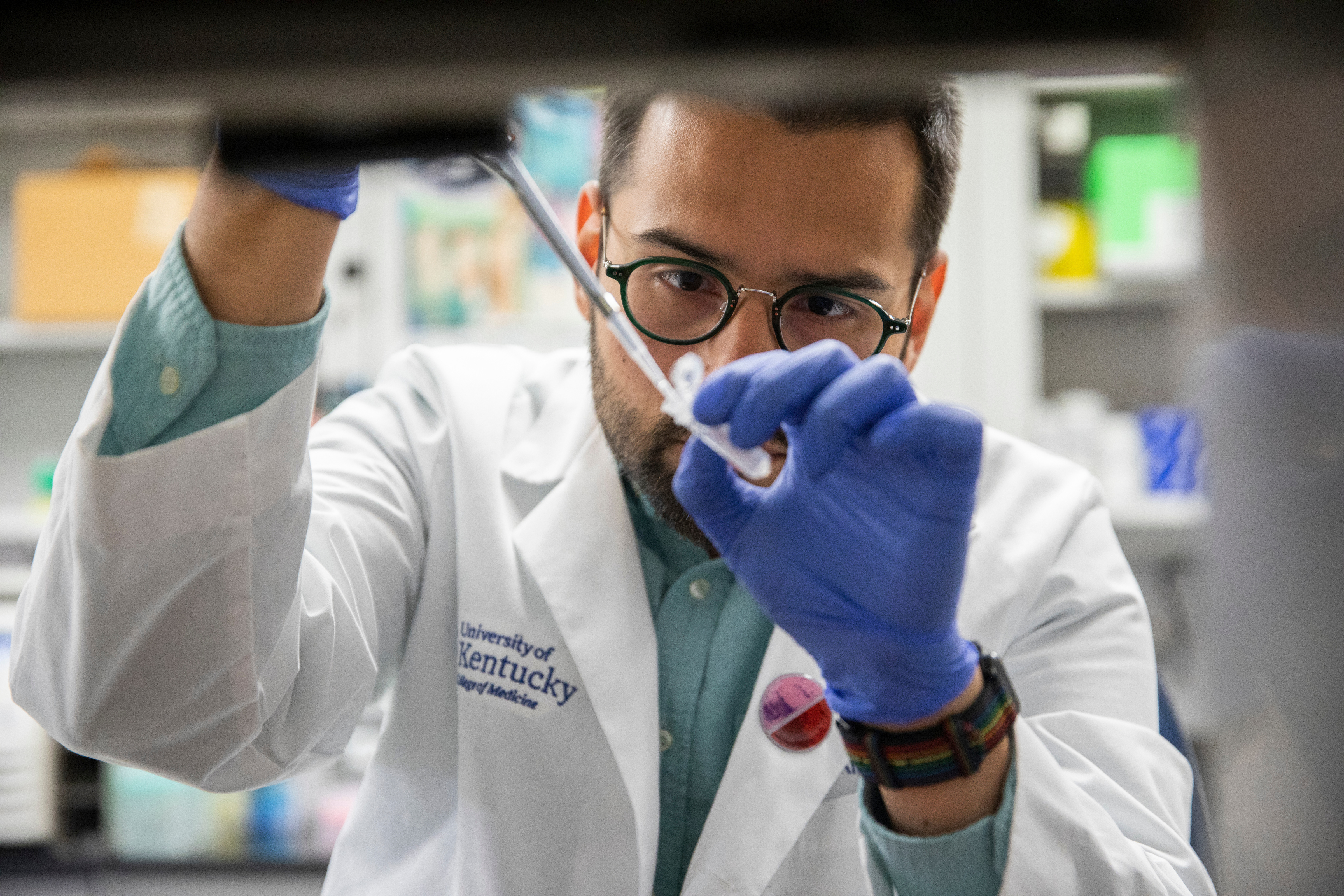
Andrew Krusenstjerna is a rising fourth-year PhD candidate in microbiology, immunology, and molecular genetics.
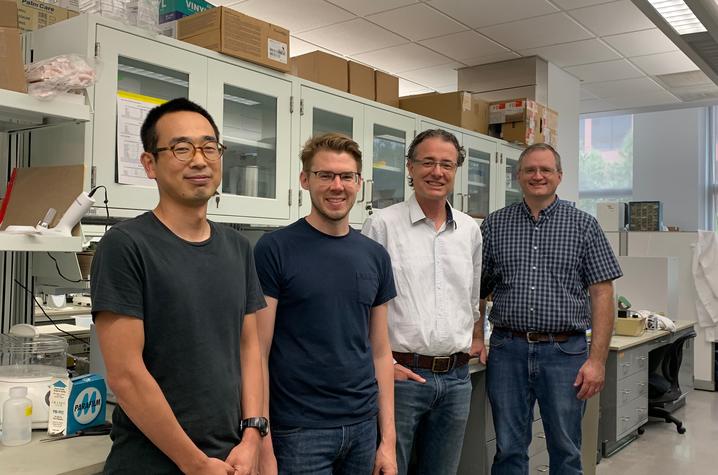
By the time COVID-19 first reached the Commonwealth, UK HealthCare had already established a system for efficiently collecting lung samples to propel important research forward. That’s thanks to Jamie Sturgill, PhD.

LEXINGTON, Ky. (June 1, 2022) — Monkeypox has exploded into the news recently, with the Centers for Disease Control and Prevention (CDC) closely tracking cases that have been recently reported in several countries that don’t normally have monkeypox activity, including the U.S.
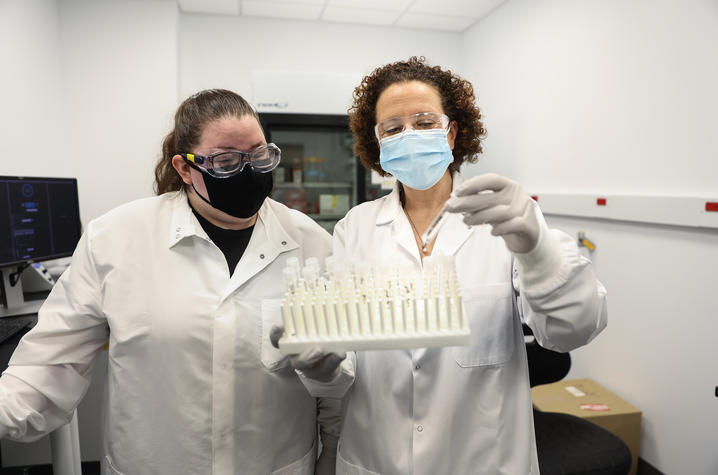
LEXINGTON, Ky. (May 31, 2022) — According to a new University of Kentucky College of Medicine study, asymptomatic COVID-19 infection during pregnancy could still have potential long-term consequences for a developing baby.
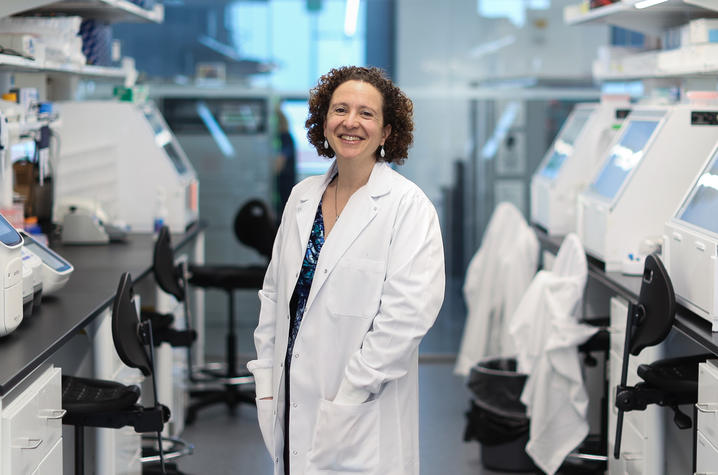
LEXINGTON, Ky. (May 18, 2022) — The COVID-19 pandemic put a spotlight on the immune system, revealing there is still much about how it functions that is not well understood: Why do some people get severe disease and others don’t? And why can certain factors like age, or comorbidities like obesity, cause the immune system to go haywire?
University of Kentucky College of Medicine researcher Ilhem Messaoudi, Ph.D., has dedicated her career to answering these questions.
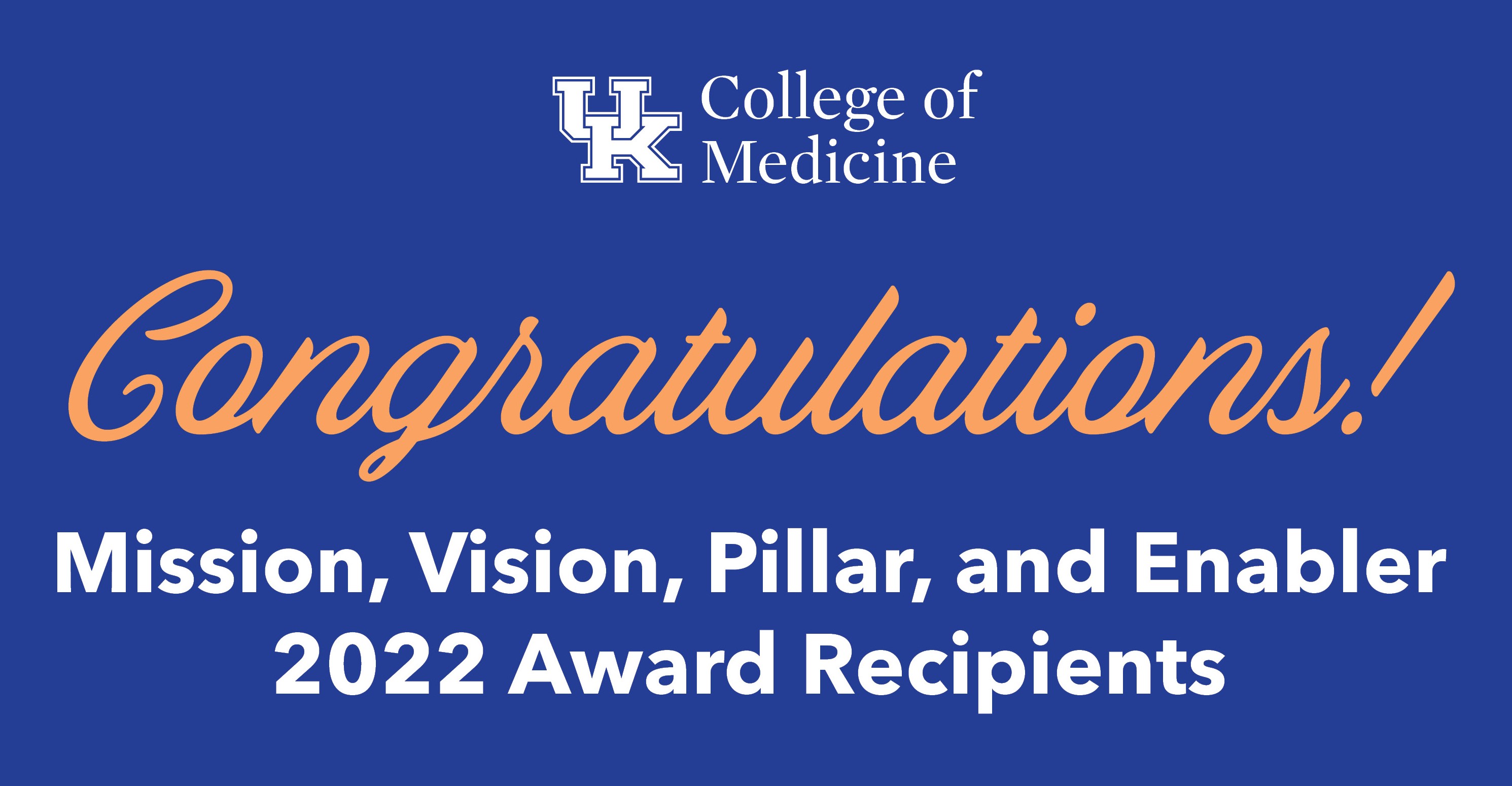
The University of Kentucky College of Medicine is pleased to announce the faculty, staff, and learner winners of the inaugural Mission, Vision, Pillar, and Enabler Awards.
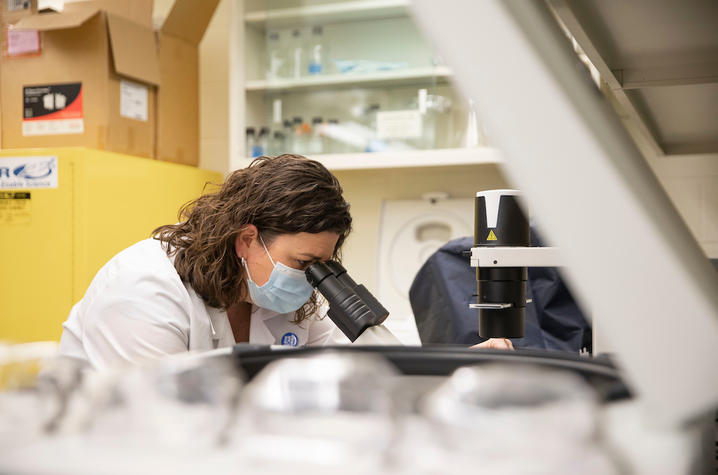
EXINGTON, Ky. (March 11, 2022) — A small black lump, about an inch or so in width, rests on the bottom of a sealed plastic container. It doesn’t look like much – in fact, it doesn’t look like anything. But this little black lump has untold potential, full of secrets for the researchers at Kentucky Research Alliance for Lung Disease (K-RALD) to discover about the pandemic that has ravaged the world for more than two years.
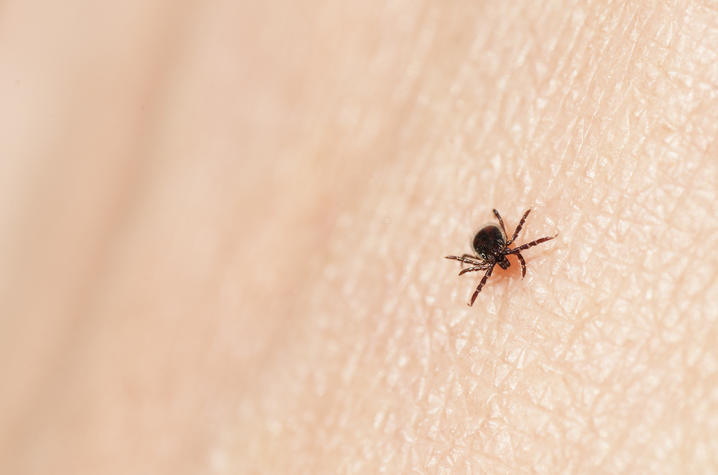
LEXINGTON, Ky. (March 4, 2022) — Although most cases of Lyme disease can be cured with a two-to-four-week course of antibiotics, some patients still experience lingering, debilitating effects of the disease months after they finish treatment.
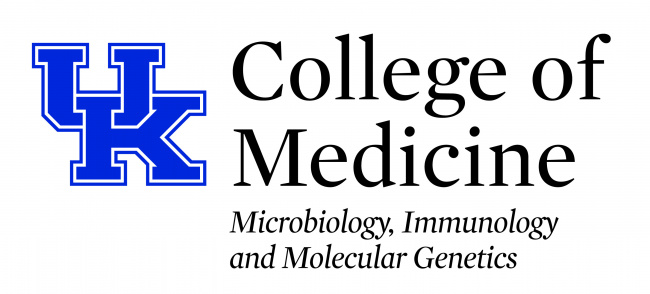
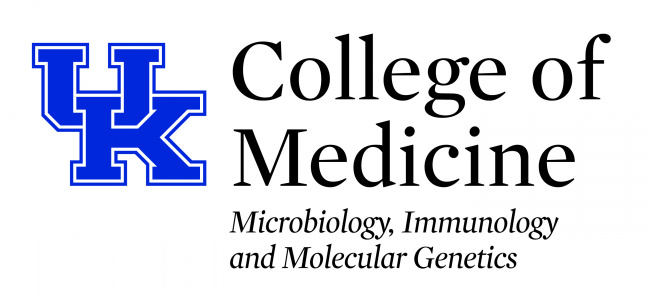
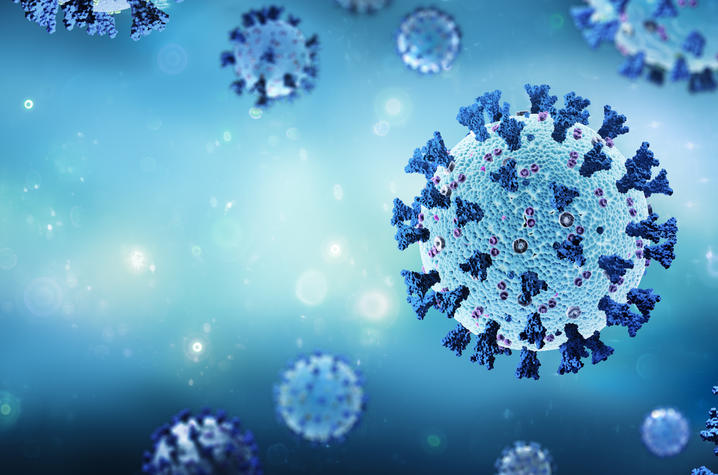
LEXINGTON, Ky. (Jan. 13, 2022) — The University of Kentucky is participating in a nationwide study that seeks to understand why some people have prolonged symptoms (long COVID) or develop new or returning symptoms after an acute bout of SARS-CoV-2 infection.

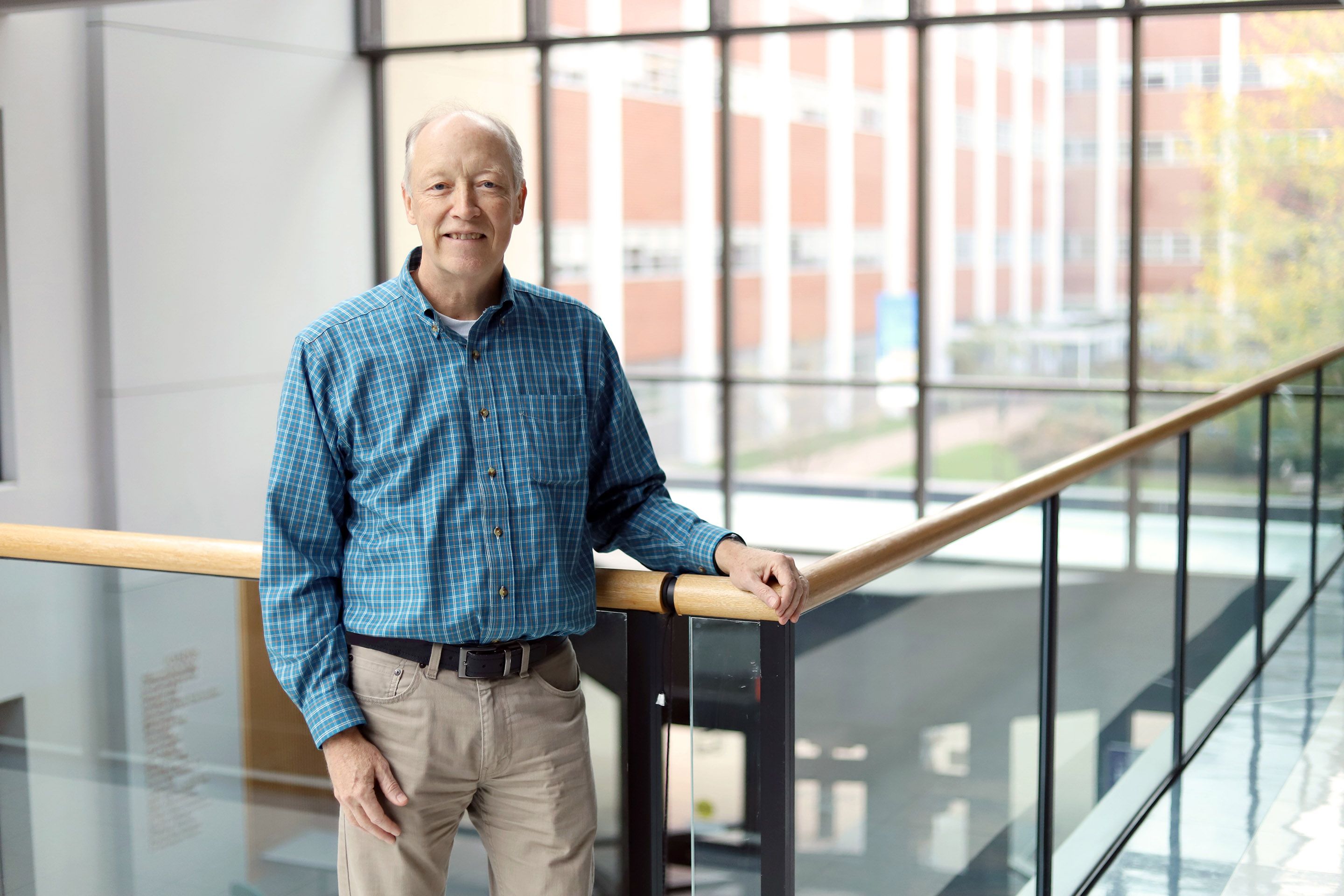
Grant writing is a competitive process. Without the proper resources, staff, or expertise, faculty may struggle in gathering key funding that could benefit future research projects, and ultimately, promote innovative health discoveries.
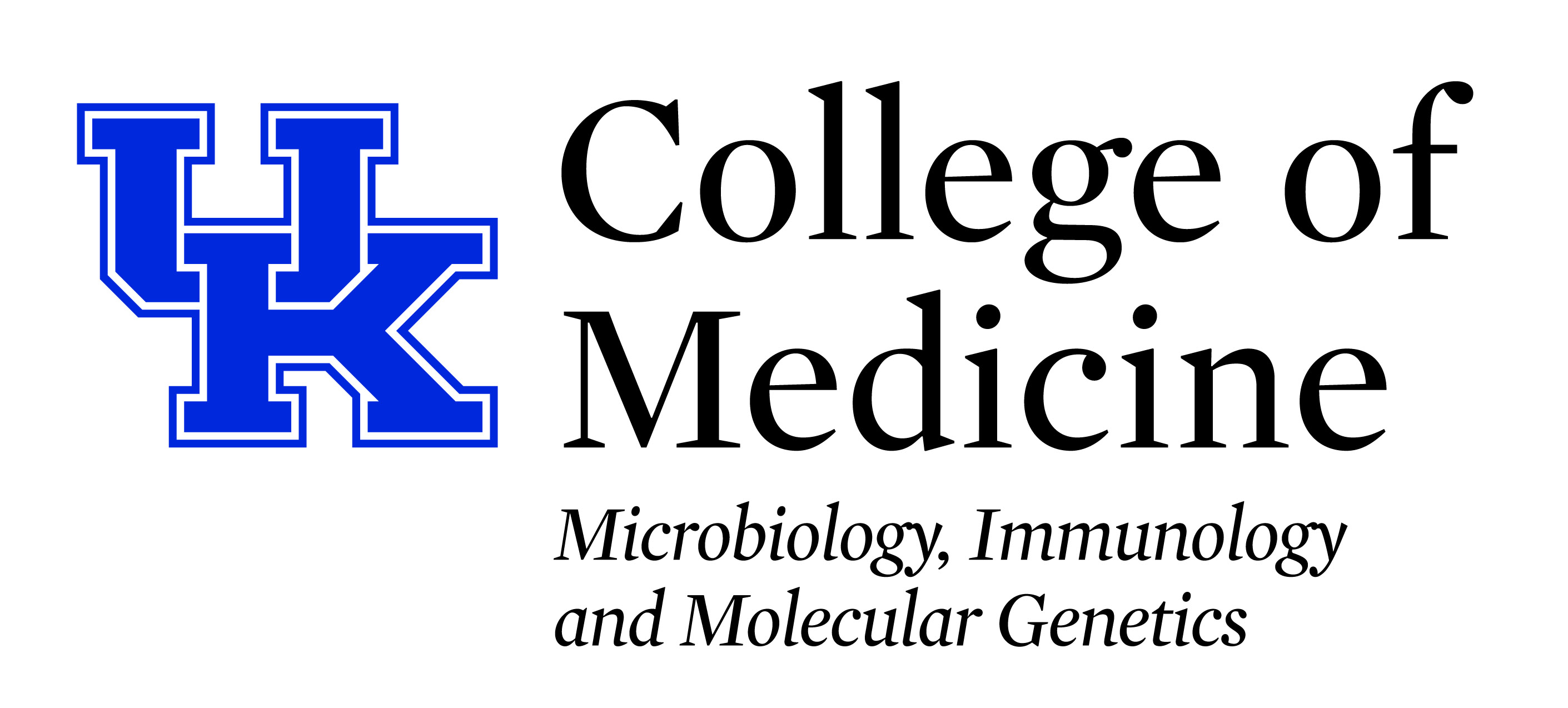

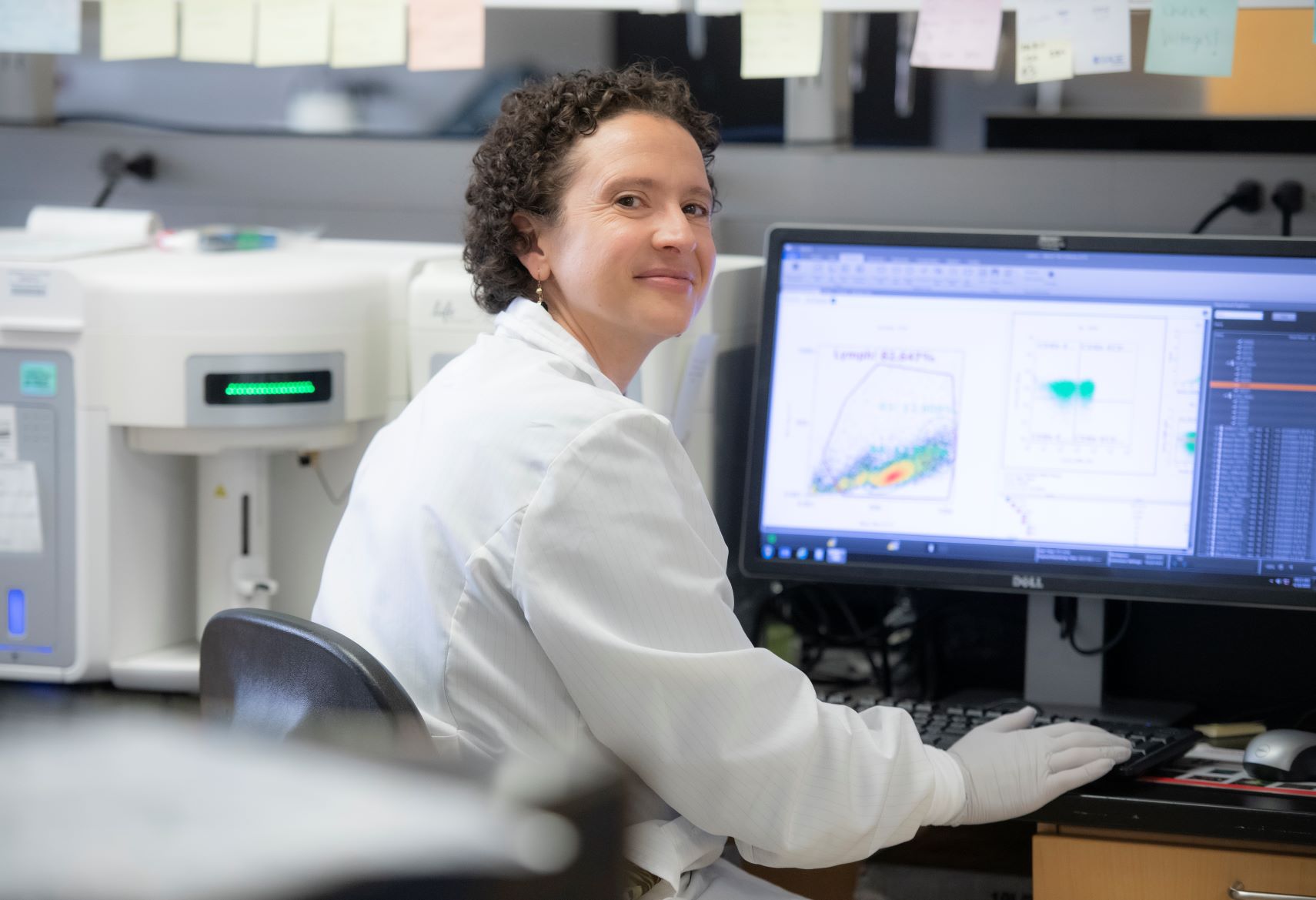
The University of Kentucky College of Medicine recently welcomed Ilhem Messaoudi, PhD, as the new chair of microbiology, immunology, and molecular genetics. She shares more about her work to better understand viruses and the wide range of factors affecting the immune system. She also shares how her research career led her to UK.
Q: Why did you pursue a career in research?